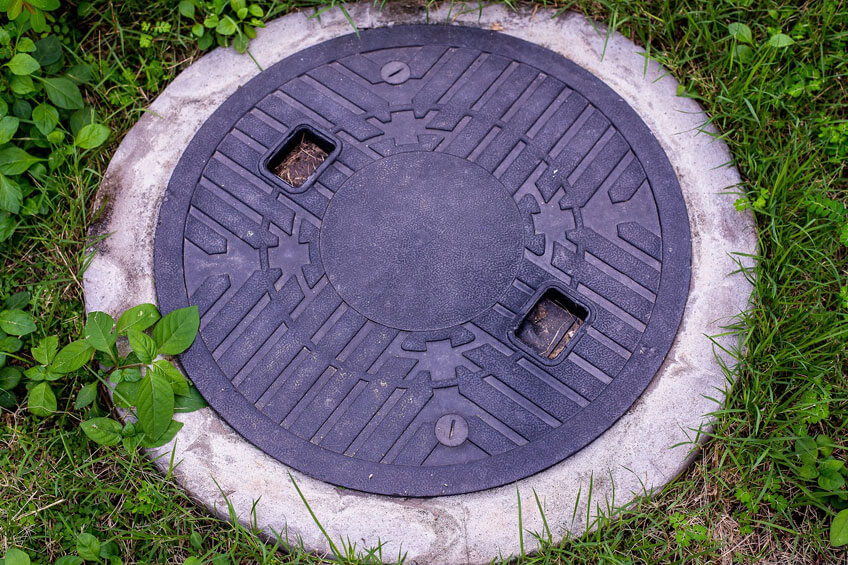How Do Sewer And Septic Systems Differ?
If you are looking for a new home, or are thinking about replacing your sewage system, stay tuned. Bates Environmental is going to explain the differences between the two most popular drainage systems, to encourage you to choose the correct system for your home. Towns are more than likely to use sewer systems which are maintained by the local council or public department. If your home or your prospectus new homes neighbourhood is outside the area serviced by the local sewer system, these homes will most likely use a septic drainage system in which will handle wastewater.
Having just some basic knowledge of the pros and cons of each wastewater system, it can help choose between neighbourhoods to live in. There are differences in both because one is guarded as a public utility sewer system compared to septic systems which are privately owned by the homeowner. Keep reading to find out more!
Cost
The overall cost can be a deciding factor in itself. So, breaking down this competency is one of the most important pros or cons of this decision.
Firstly, the main difference in cost between the two is that the septic system’s cost is included in the price of the house, so no added costs. This is also helpful if you are buying a new home development because this will cross a worry off the list.

A sewer system, on the other hand, the cost varies depending on location as this is a public sewer system. Though, some areas which have a public sewer system separate to the cost of water and sewage, while others combine the two. This means this would be something to discuss when buying a new home or installing a new system.
Maintenance
Maintaining the sewage system is something most people don’t want to think about but, a factor which is included in deciding between sewage systems. With the septic system, the maintenance of the drainage depends overall on the usage as quite often septic tanks need to be pumped out. This is usually done yearly or every few years, so it is not a huge maintenance worry. But this does mean it is the homeowners’ responsibility, it is recommended to act before possible problems arise. This can be helped by applying a strong monthly septic tank cleaner upstream of the drainage zone, this will abolish the ill effects of soaps and cleaners that kill the bacteria in the tank.
However, the sewer system requires no maintenance at all other than if problems arise within your drainage e.g blocking, which you would call out a professional like Bates Environmental to sort. This is because your local council or town is responsible for maintaining the public sewer system.
Wastage - How does it work?
If wastage is a major concern within your decision then carry on reading. The septic system’s waste goes into a holding tank and like mentioned previously is maintained by you, the homeowner. The reason it does not need to be emptied or thoroughly cleaned is that if maintained correctly, the wastewater separates in 3 layers: The top layer is oils and grease, which floats above all the waste most commonly referred to as scum. The middle layer is the wastewater and waste particles and the bottom layer consists of heavier particles (heavier than water) and form a layer of sludge. But, inside the tank bacteria from the wastewater breaks down the solid waste, so this decomposes and can drain away more easily like the rest.
Secondly, the sewer system lines -- which is a very different process -- carries waste to a treatment facility. Sewage from people’s homes travels through different sets of pipes. The sewage then flows to settling tanks where up to 60% of the solids in the waste stream settle out as sludge. Next, plant oxygen is added to the wastewater to speed up the growth of microorganisms which consume the wastes and settle at the bottom. After this step, 80% of human waste and other solids have more than likely been removed as well as toxic chemicals. The remaining wastewater is disinfected before it is discharged to the receiving waters near each treatment facility. Any leftover solid waste is heated through to get rid of any disease-causing bacteria and made into fertiliser.
What are the overall benefits?
To simplify, the septic system, if maintained properly will generally have fewer ongoing costs -- if this is your main concern. But the sewer system is more convenient as the homeowner has no responsibility for repairs.
